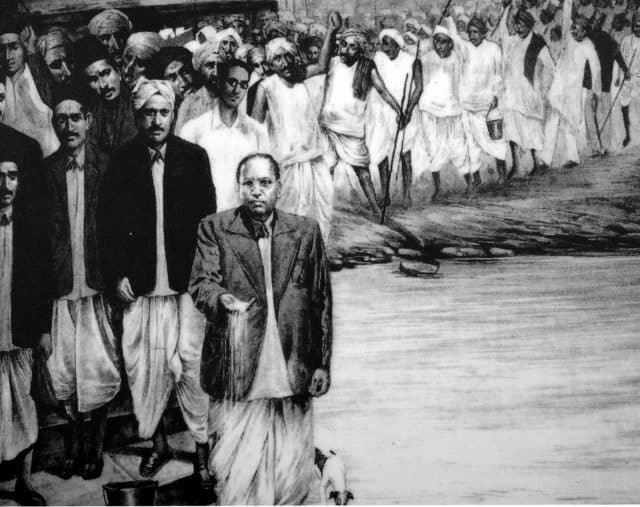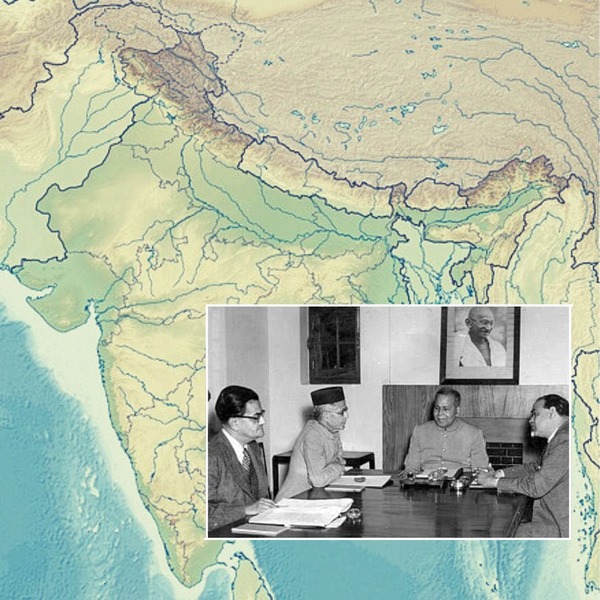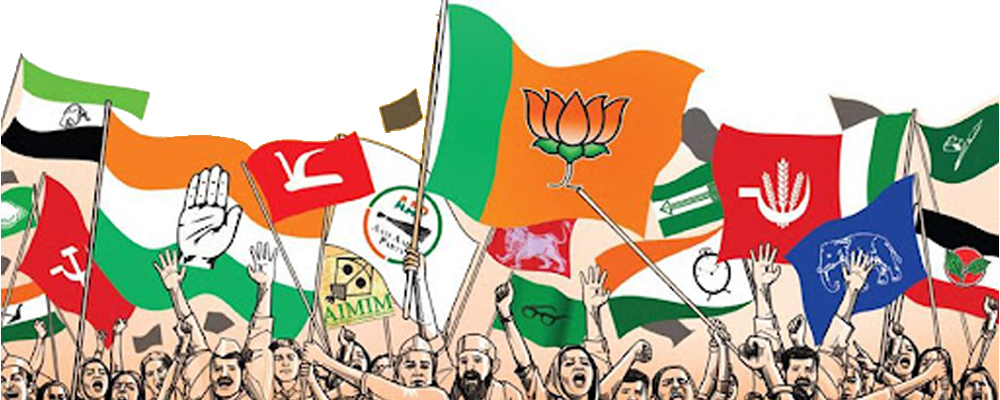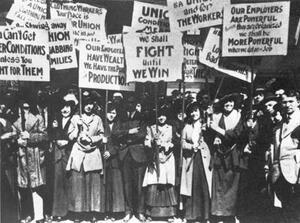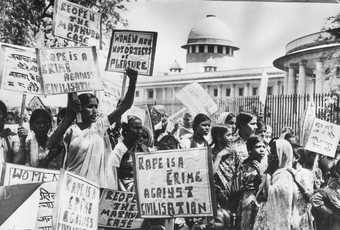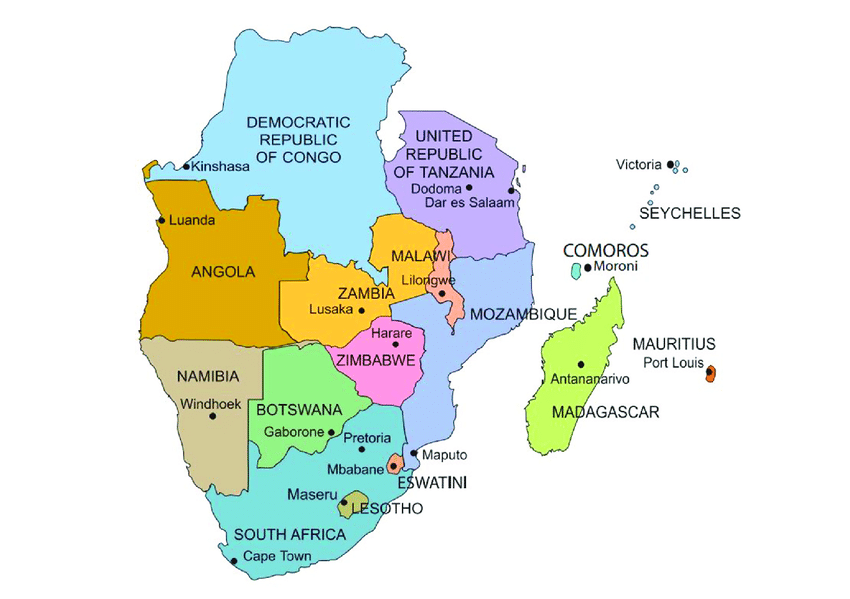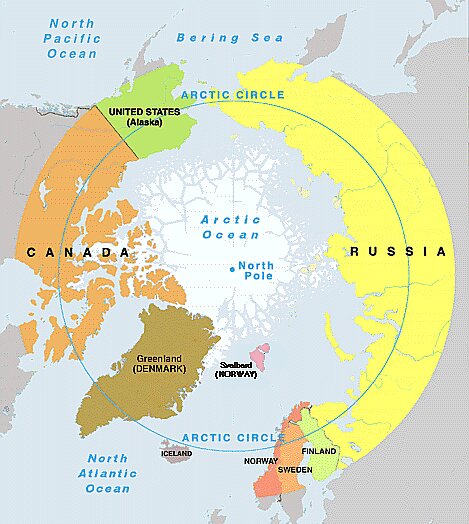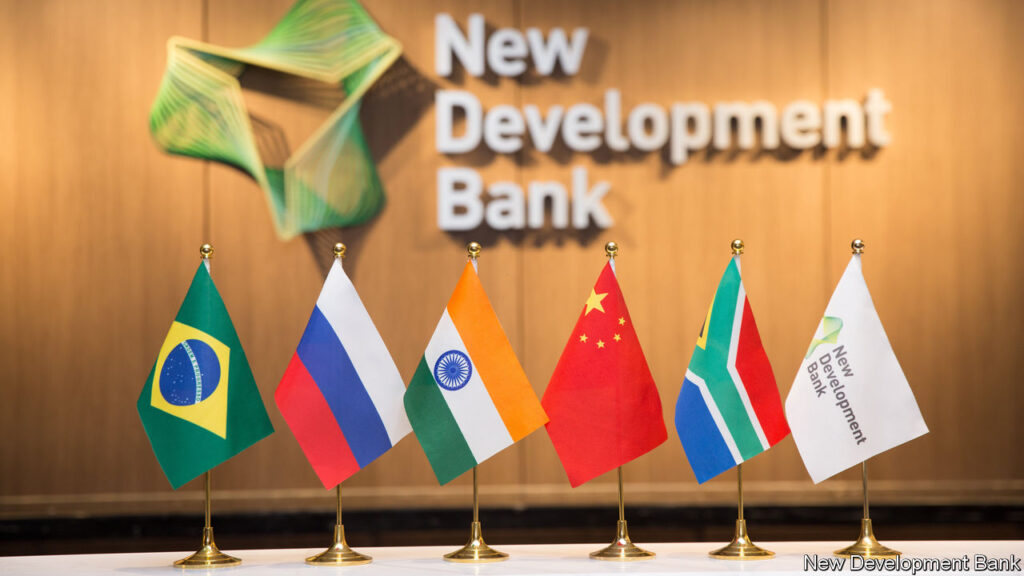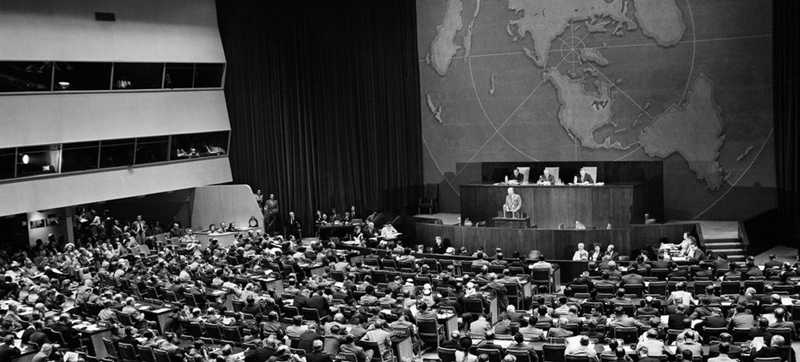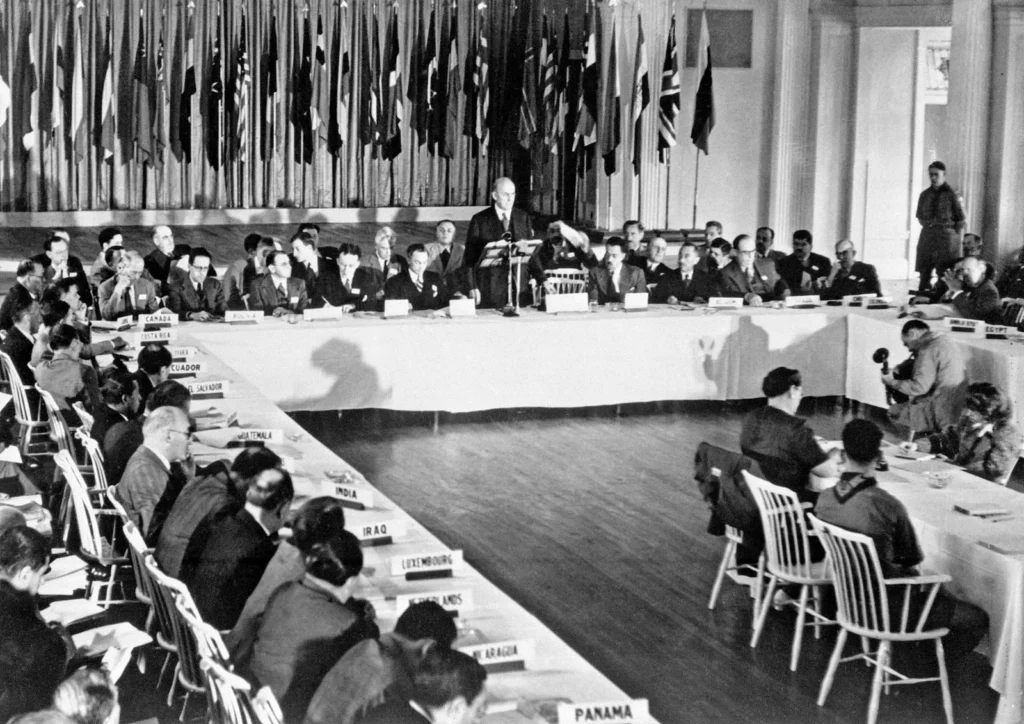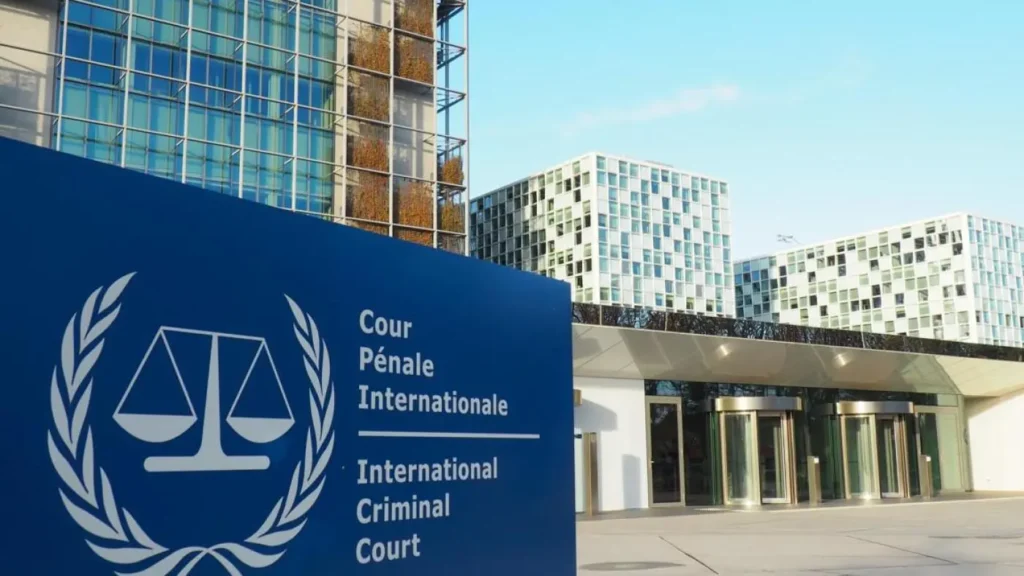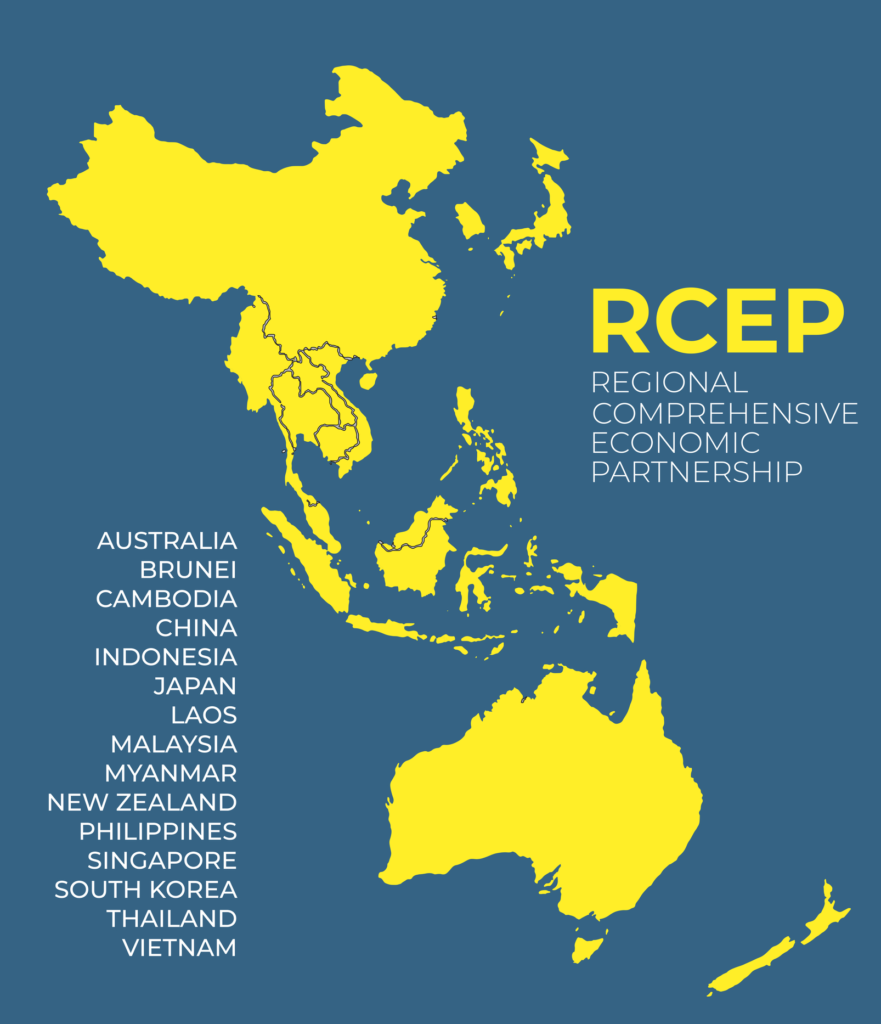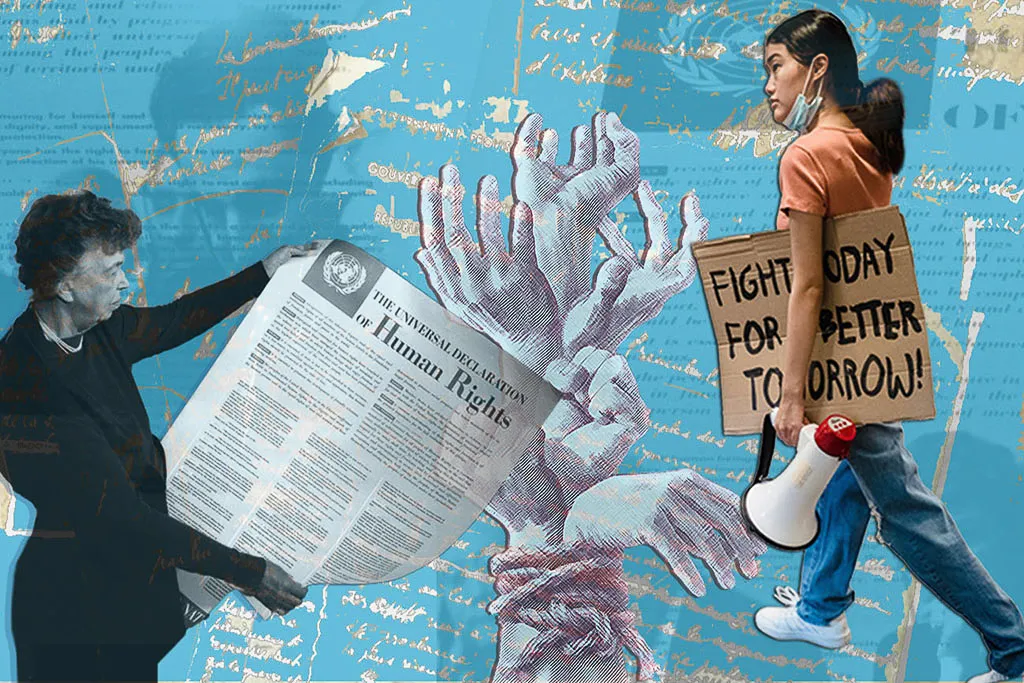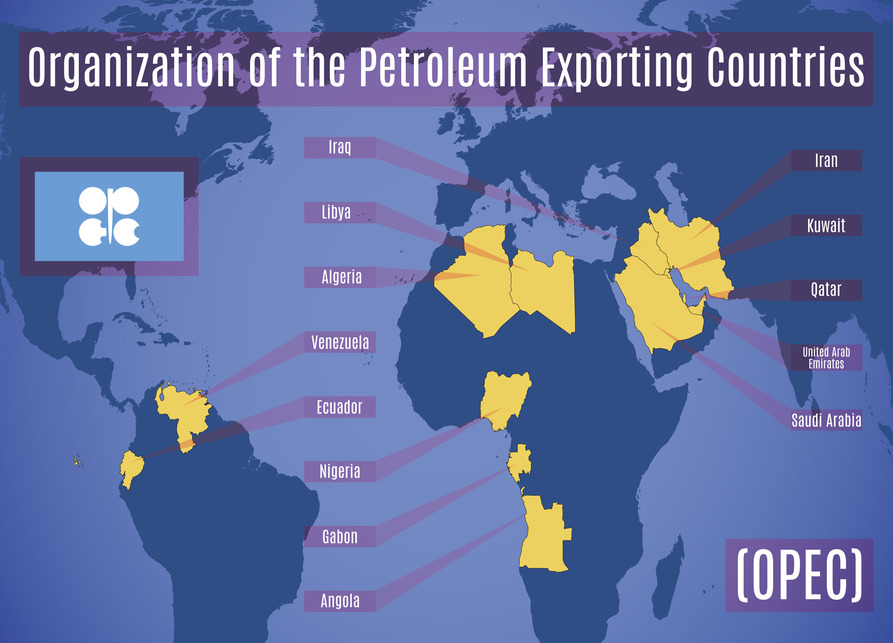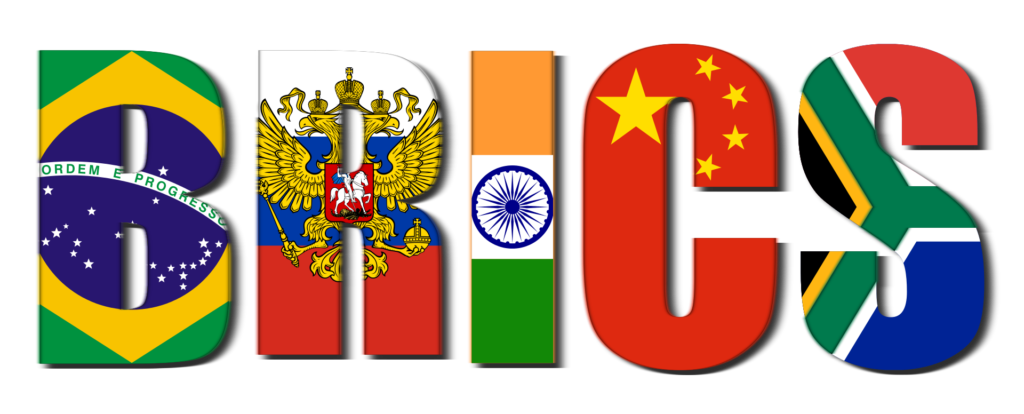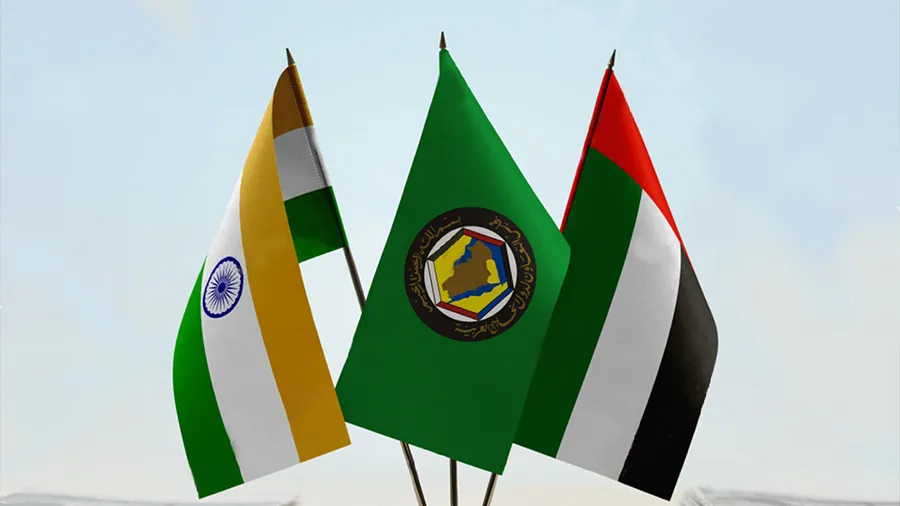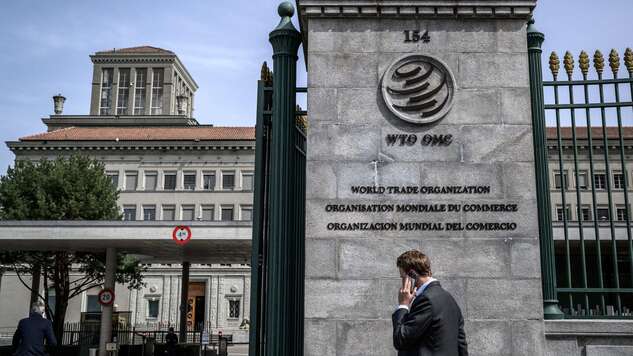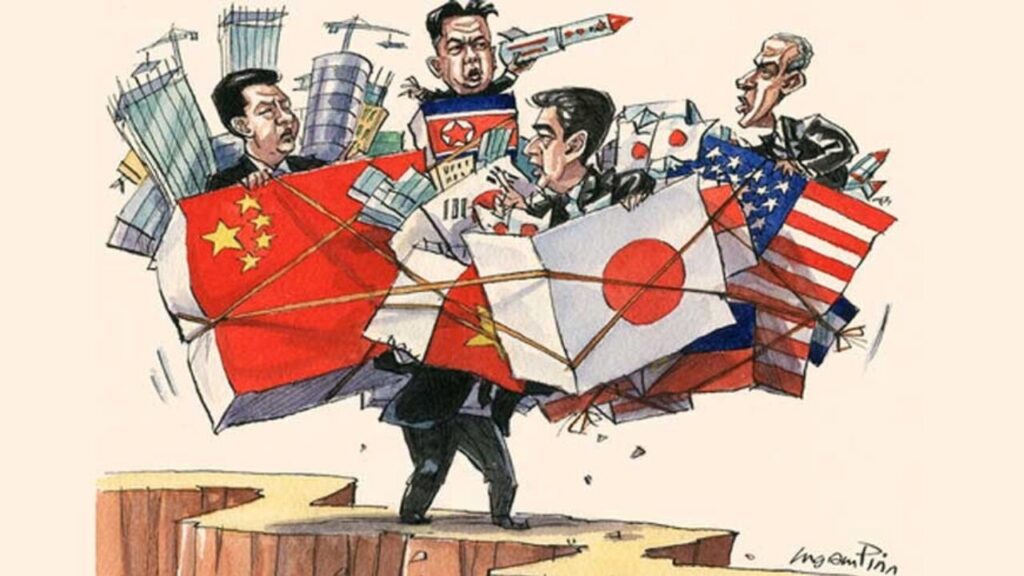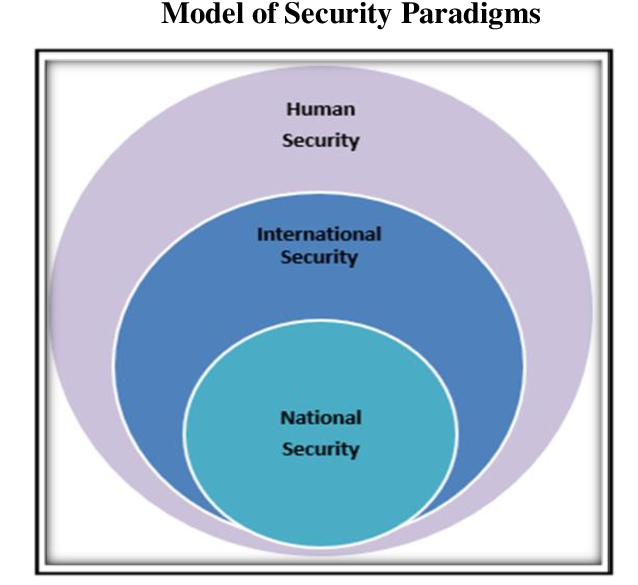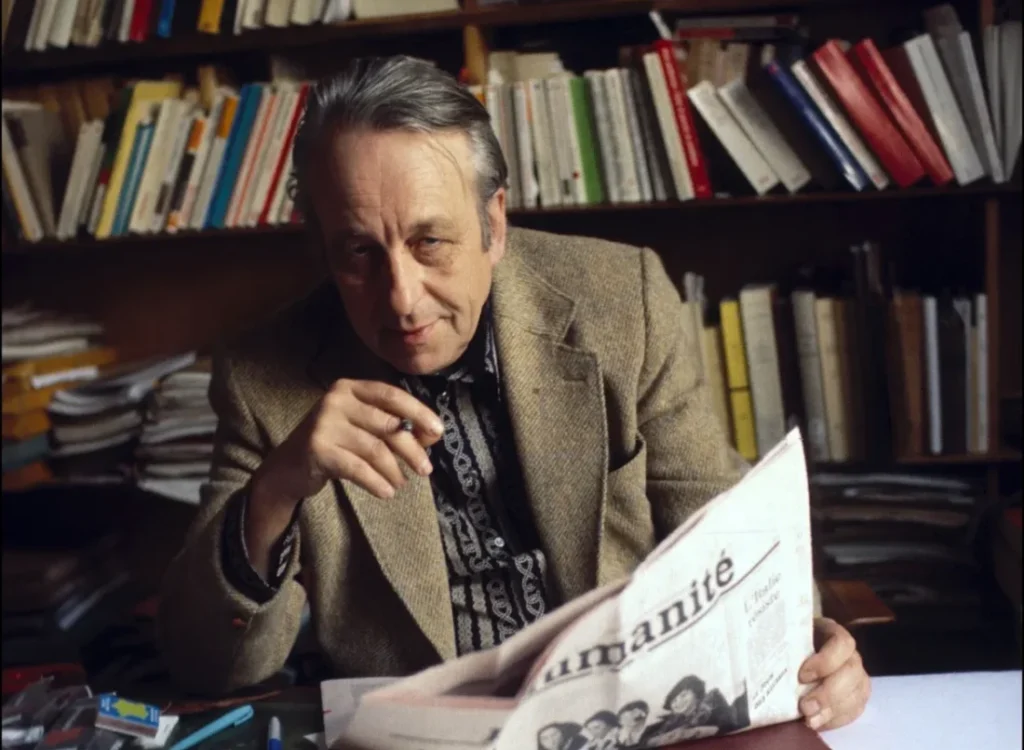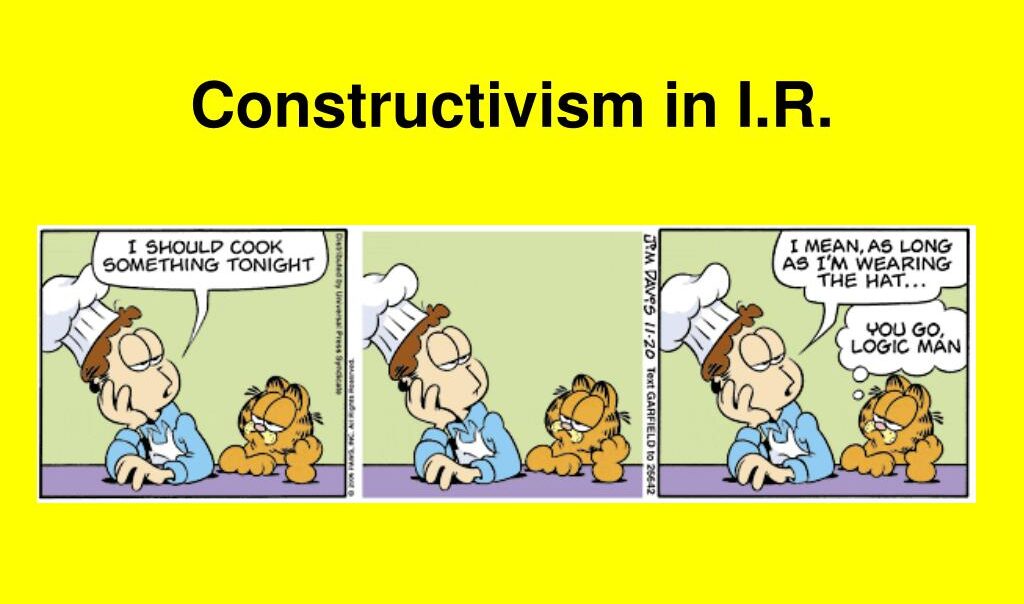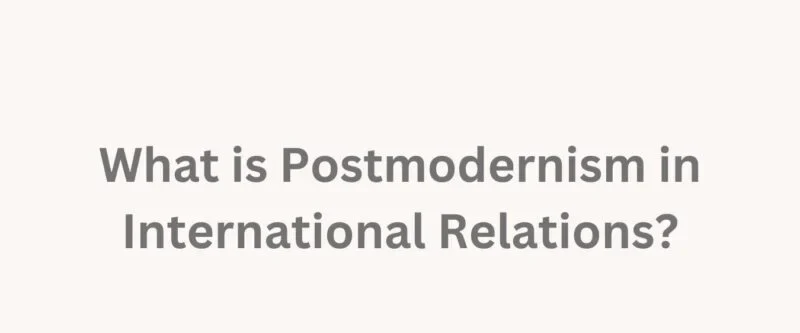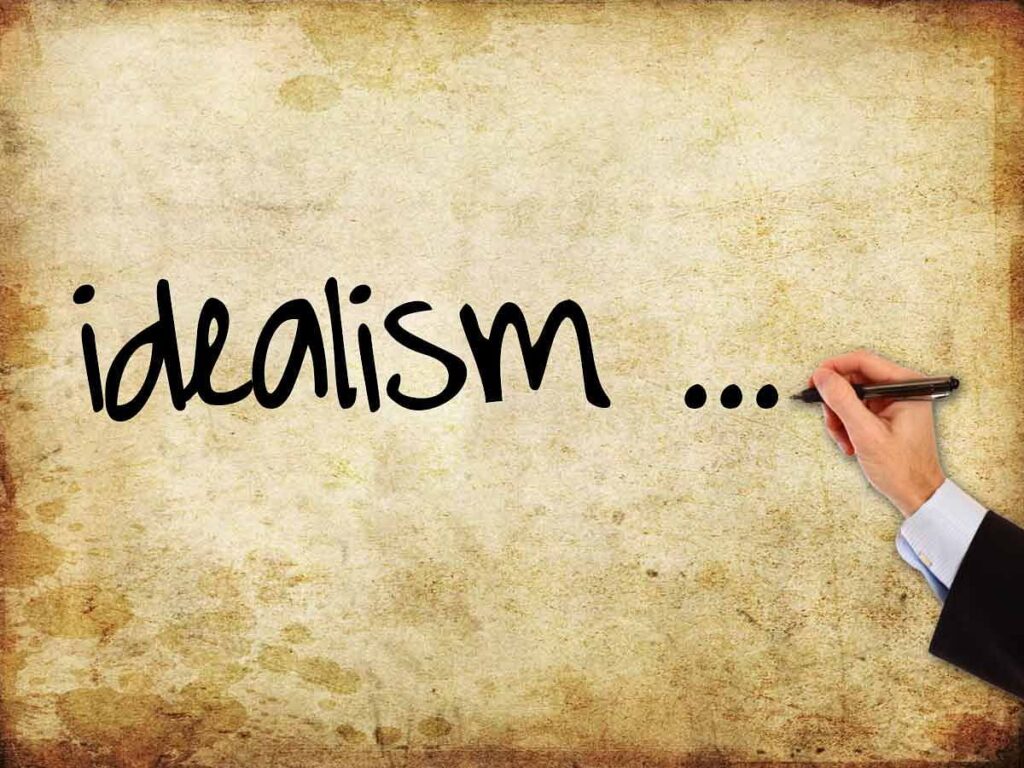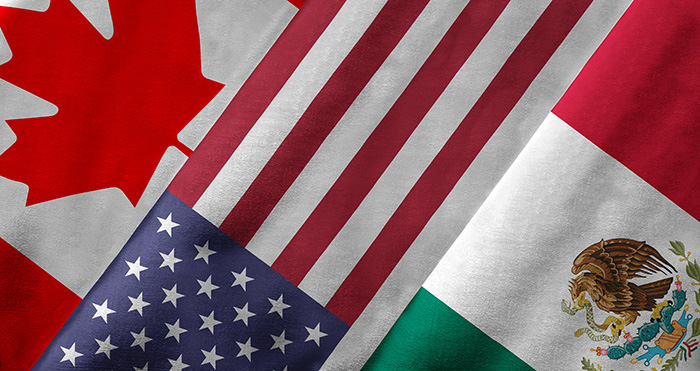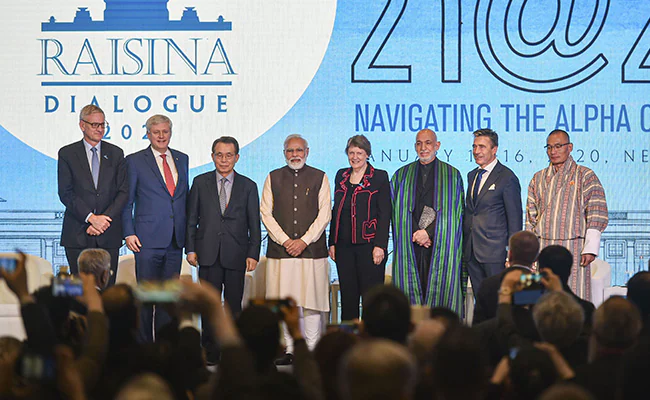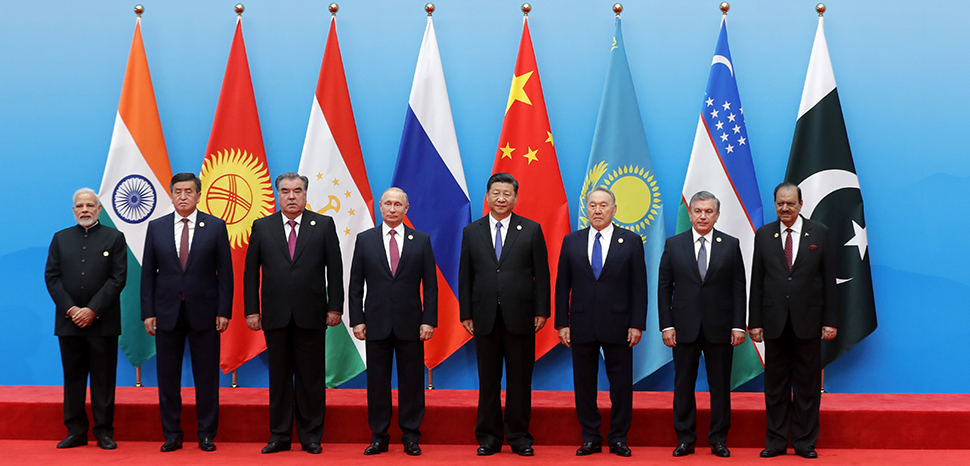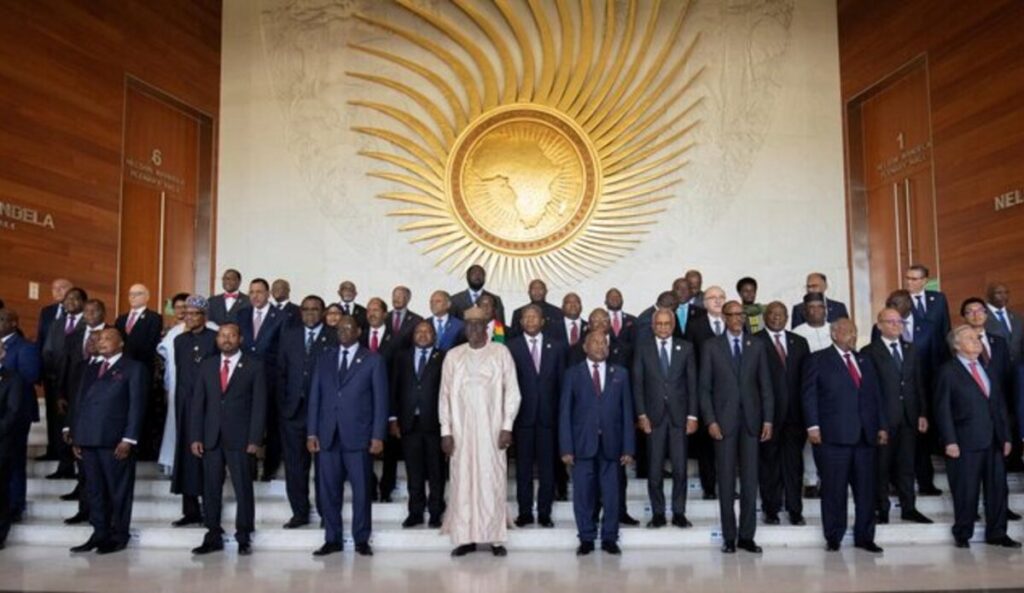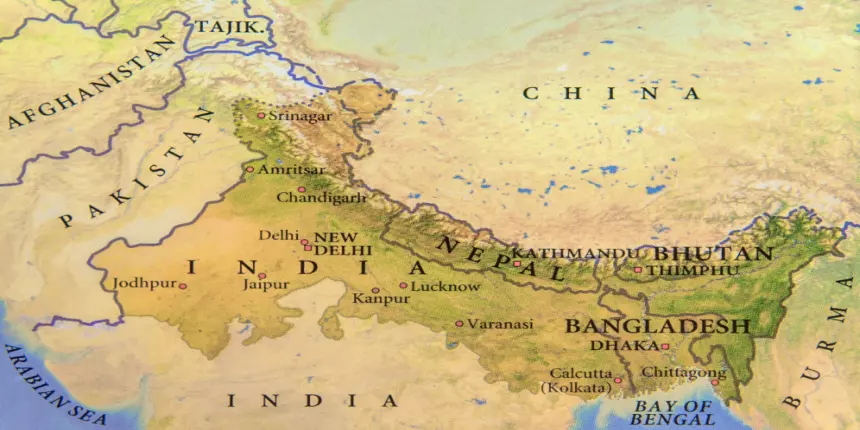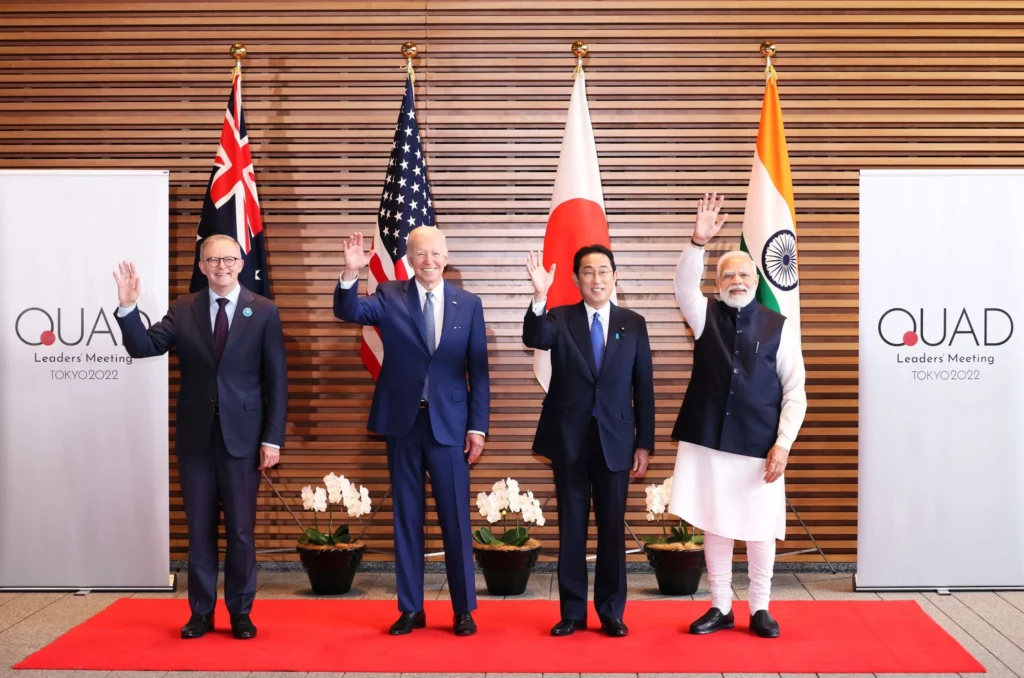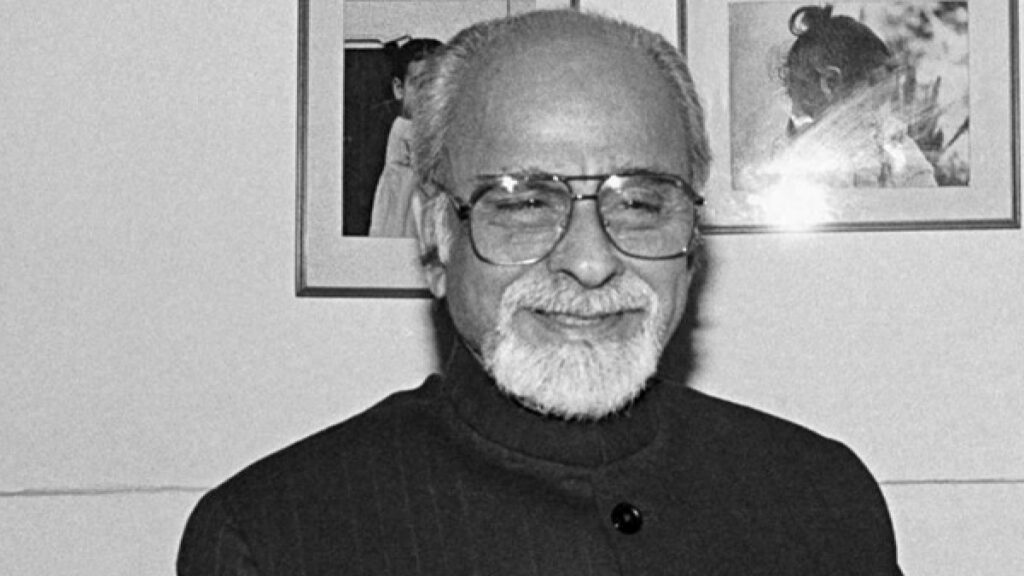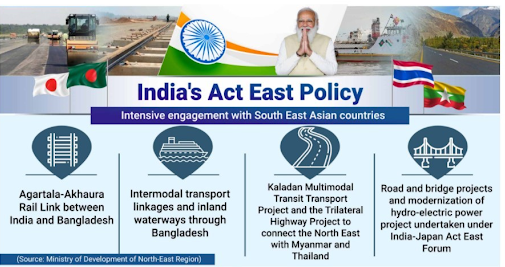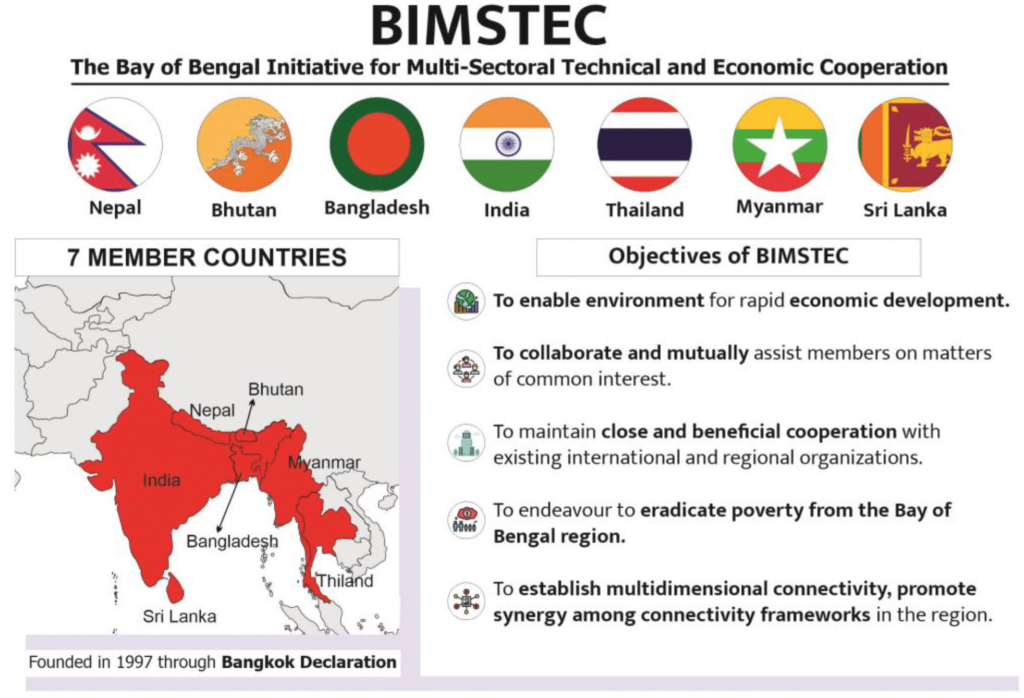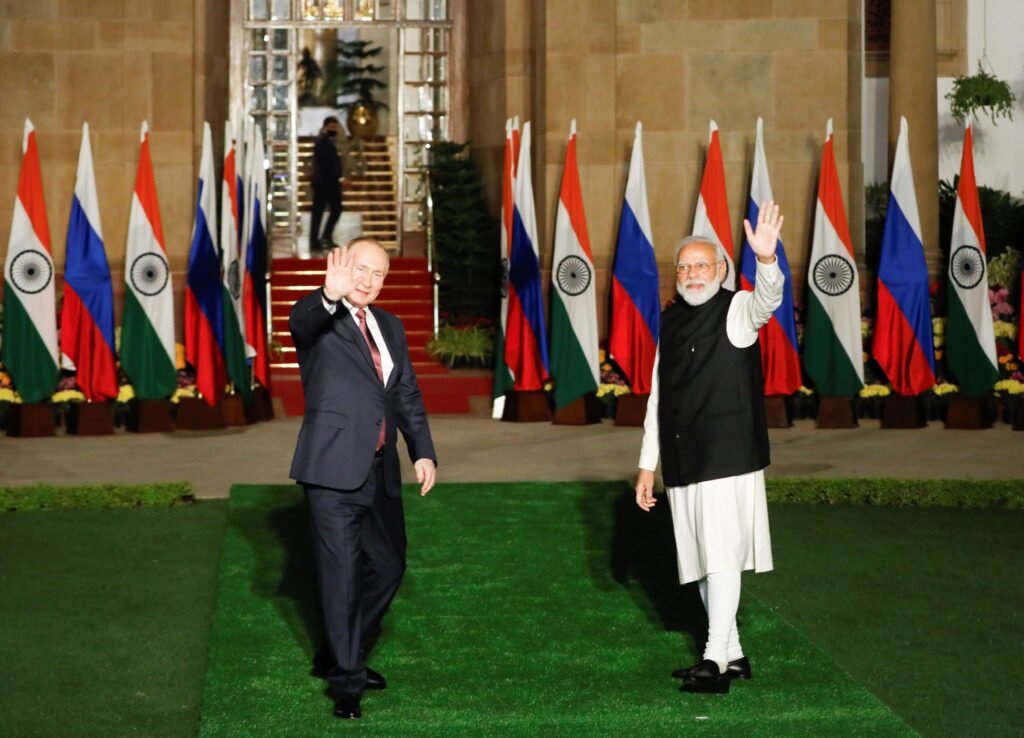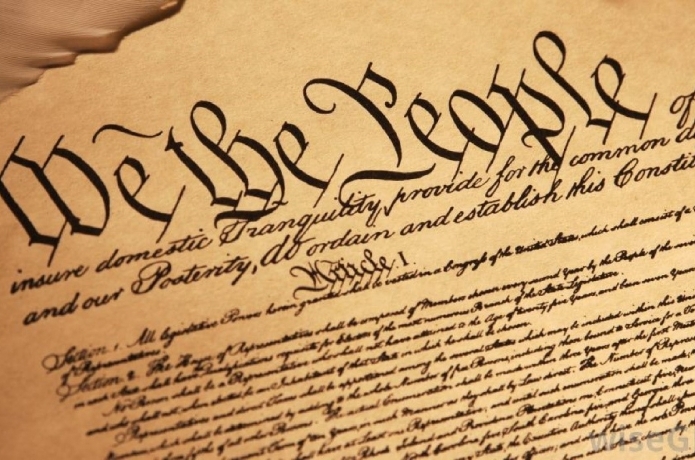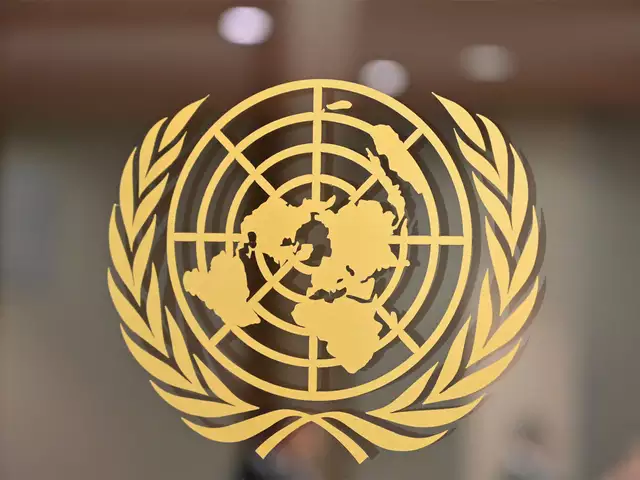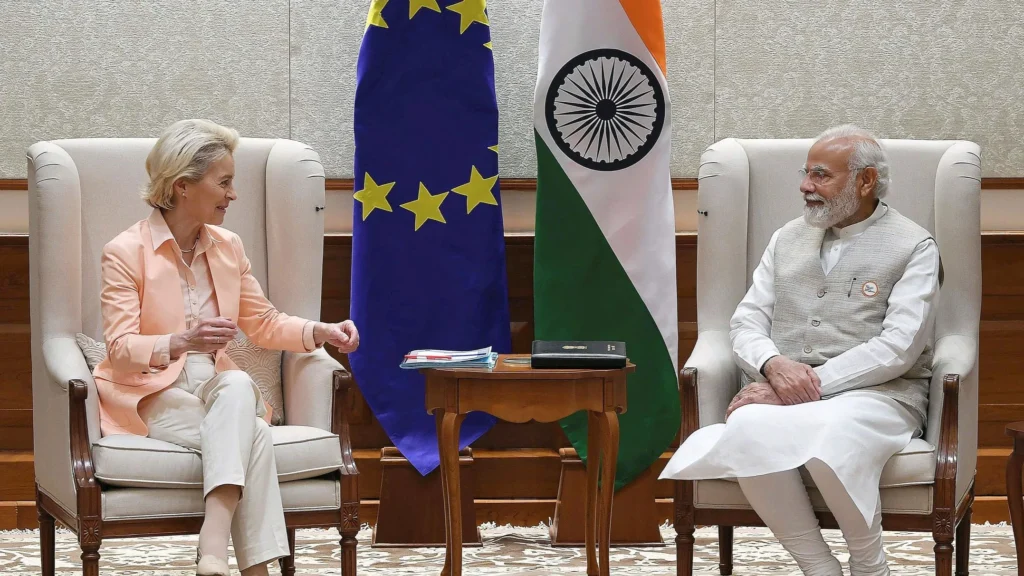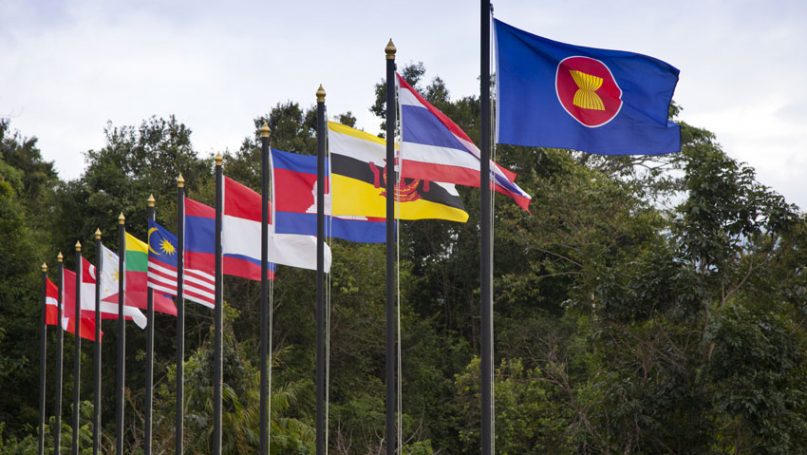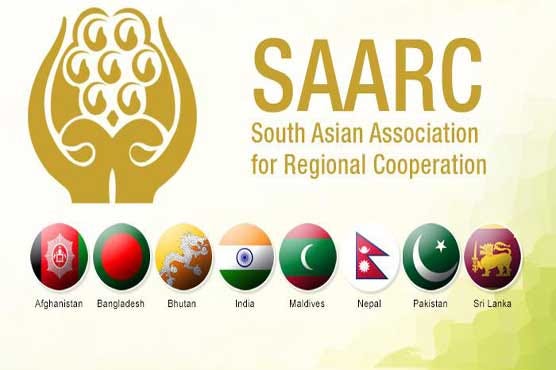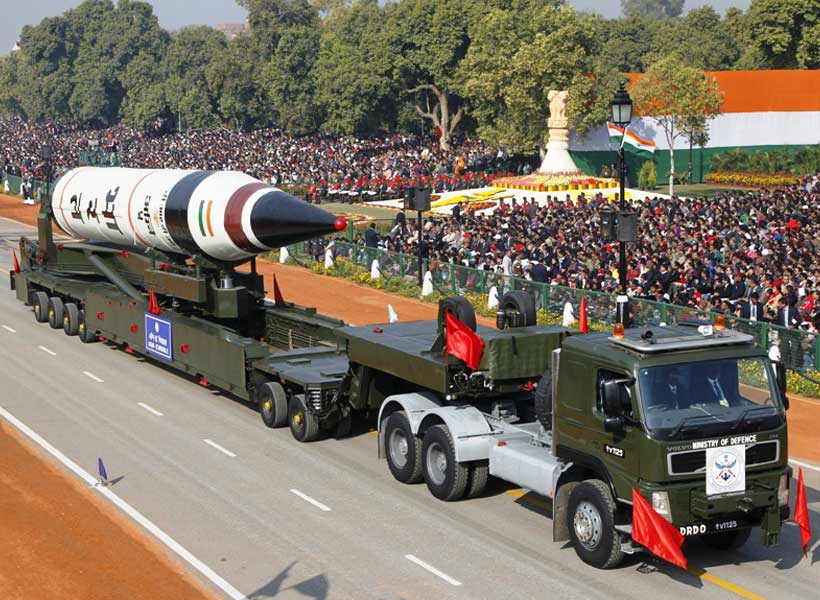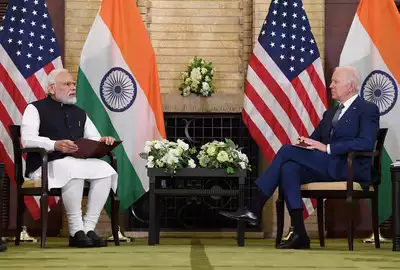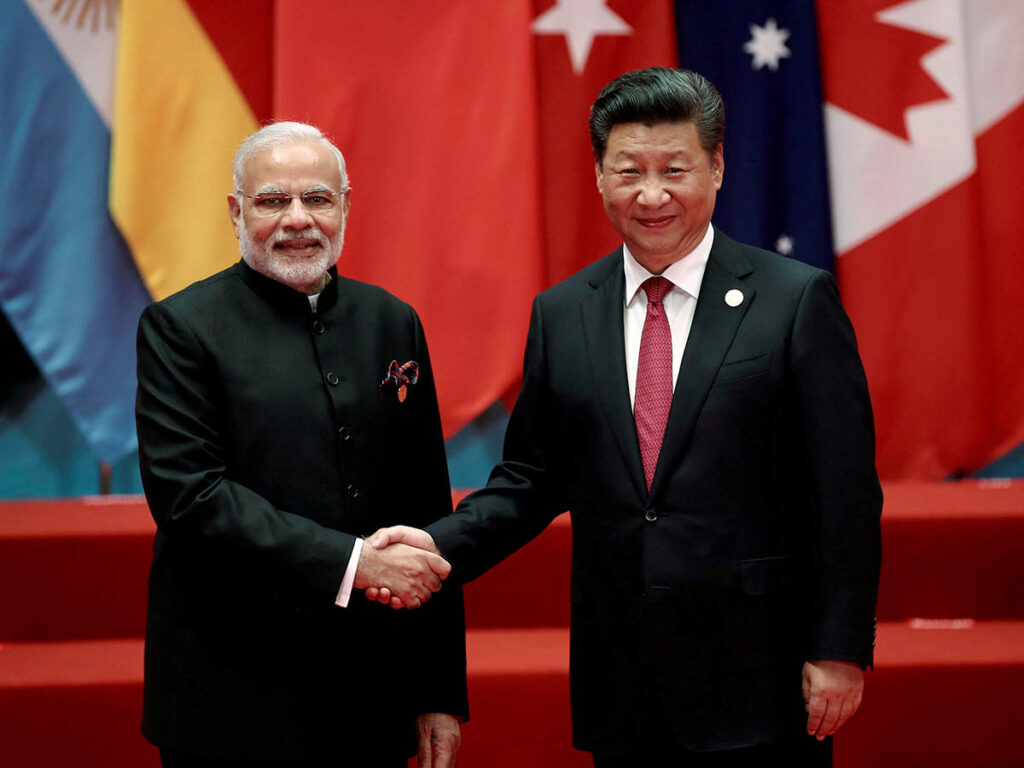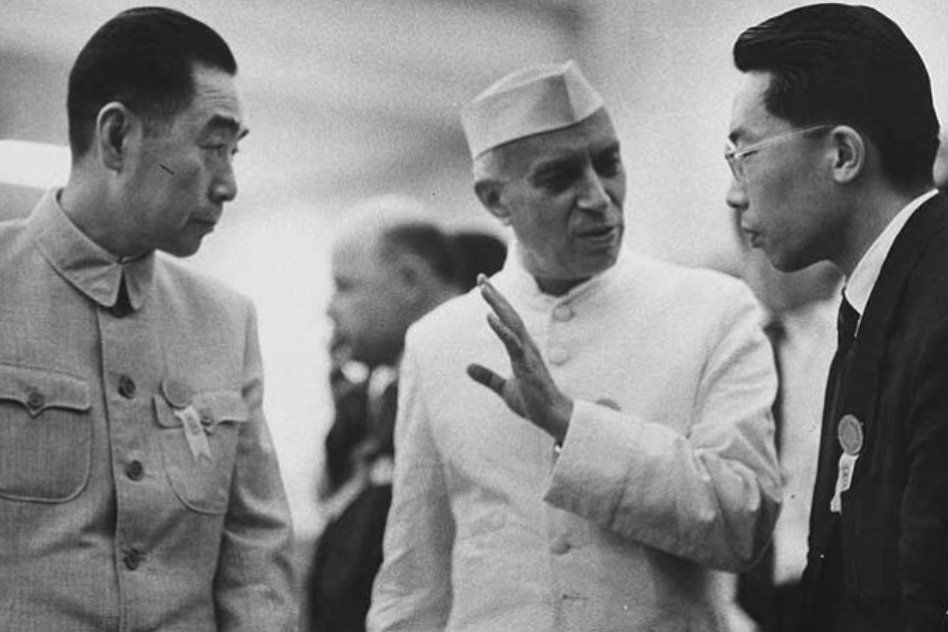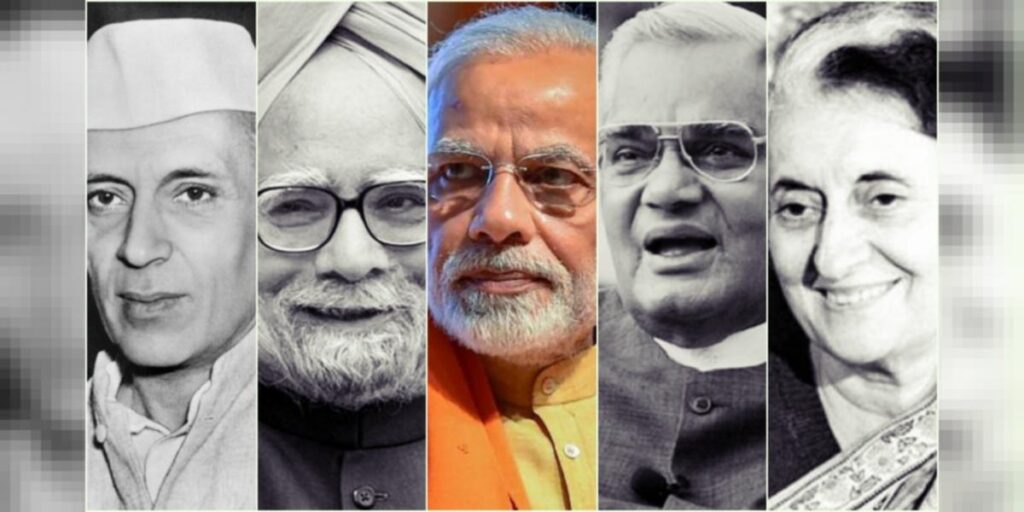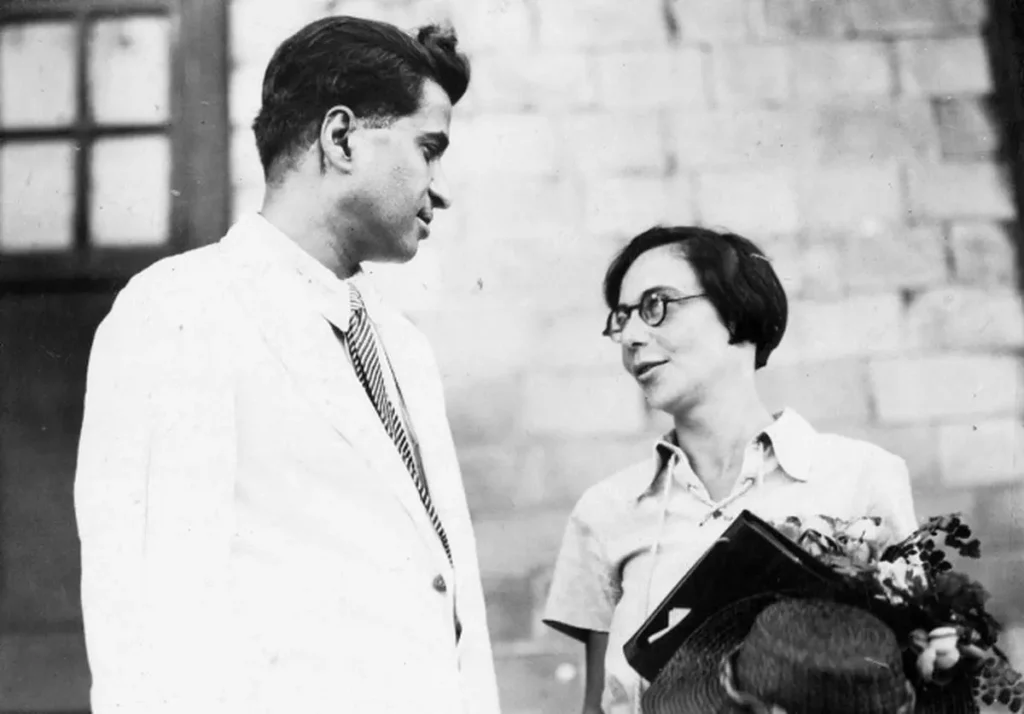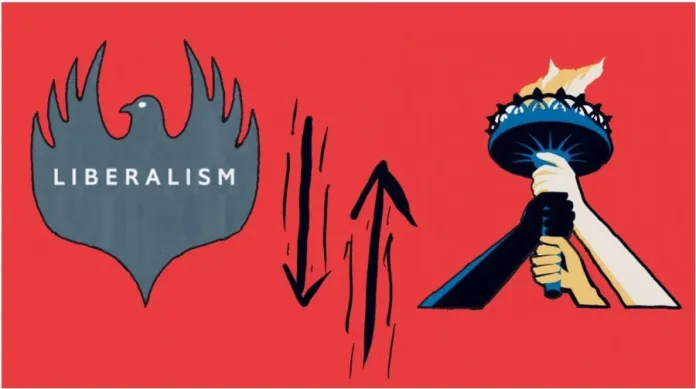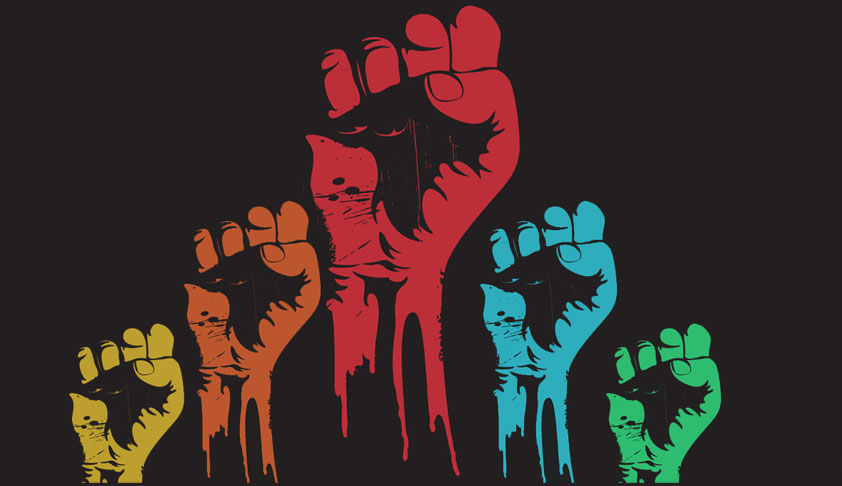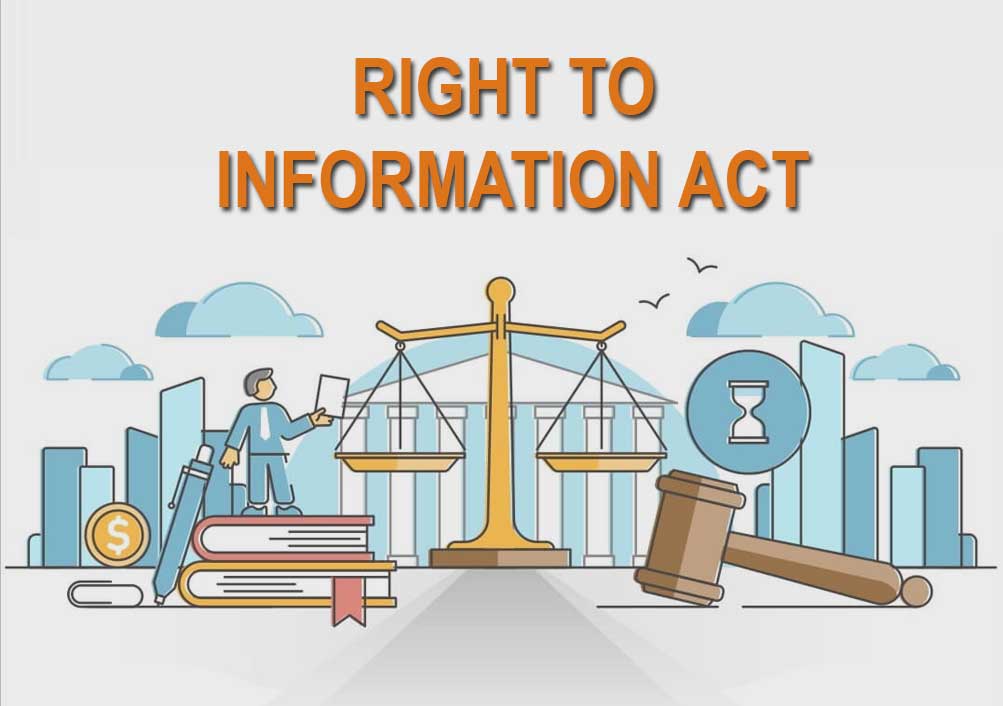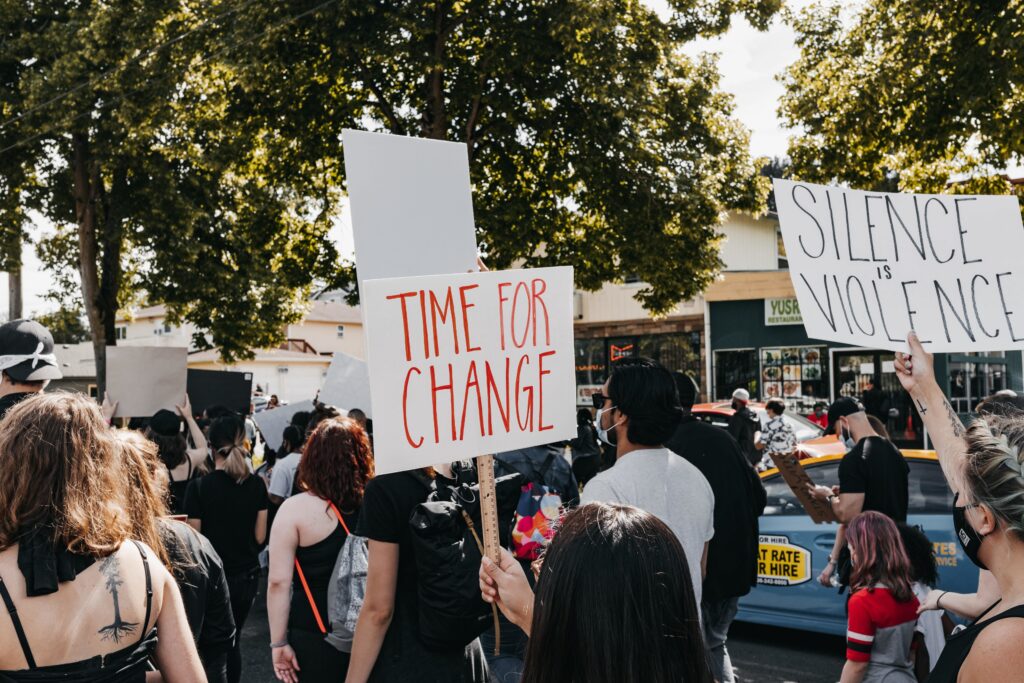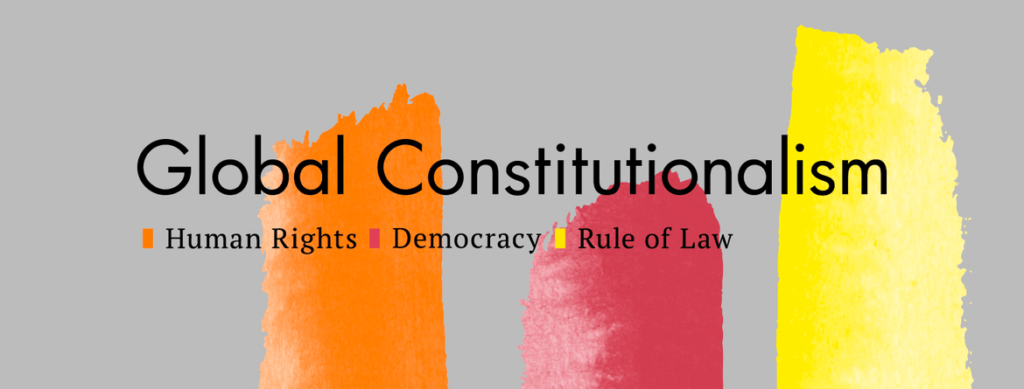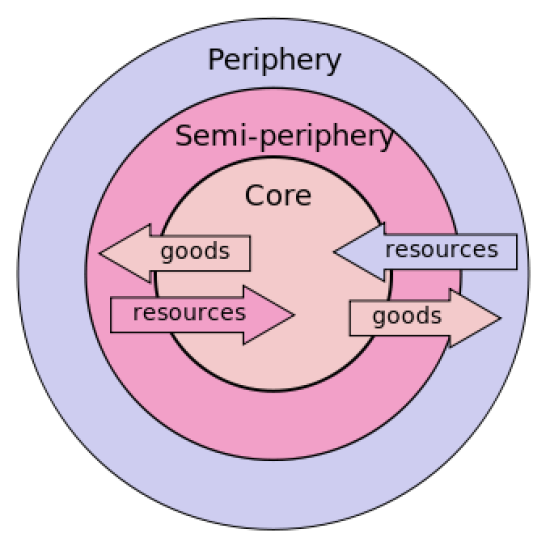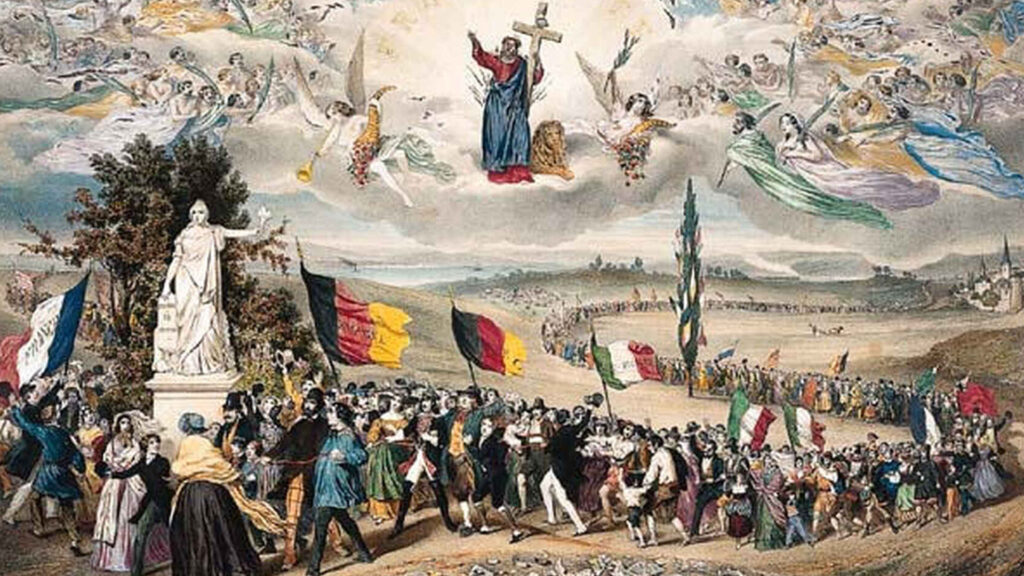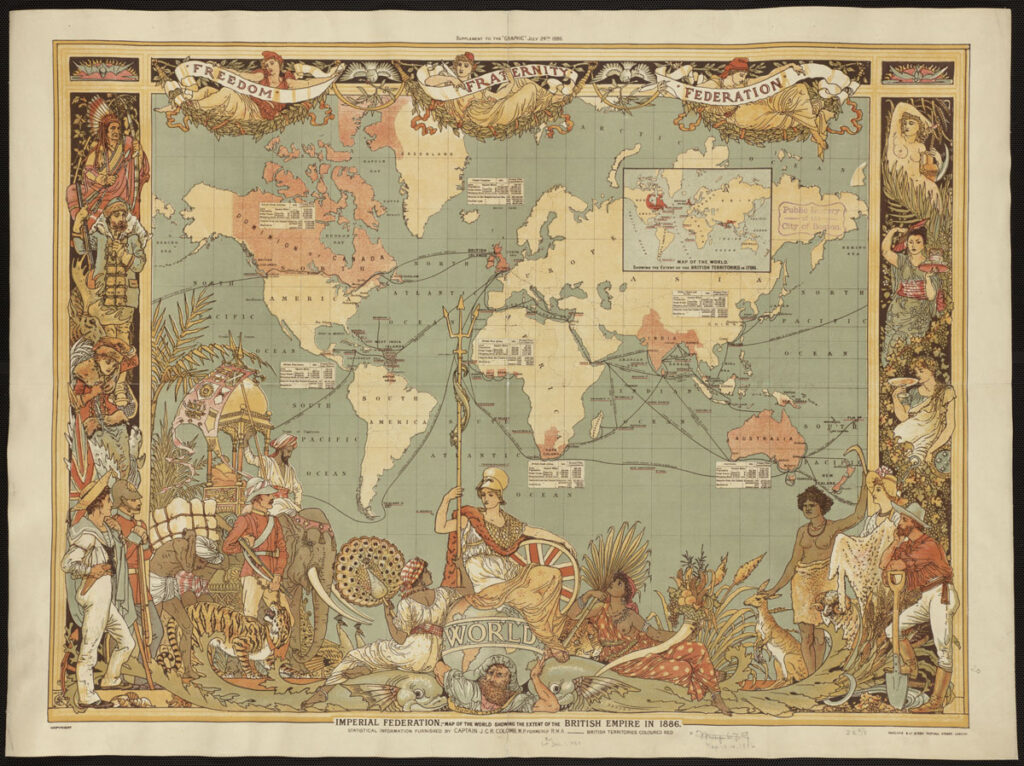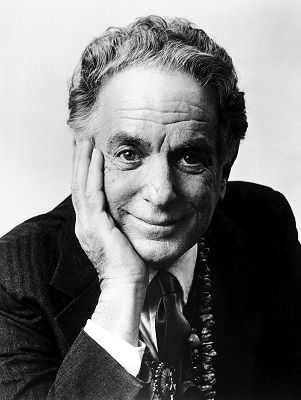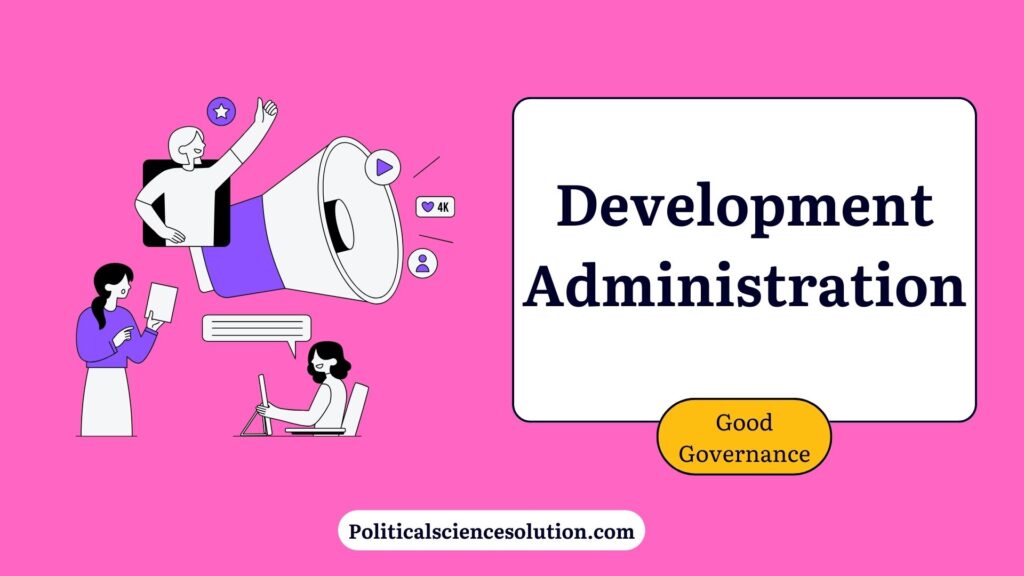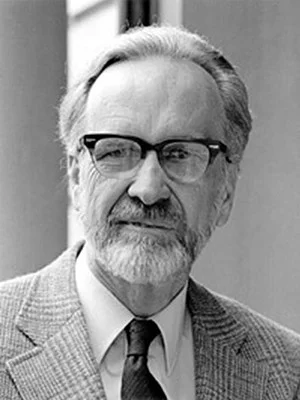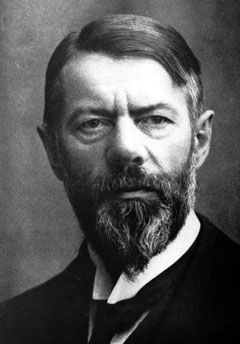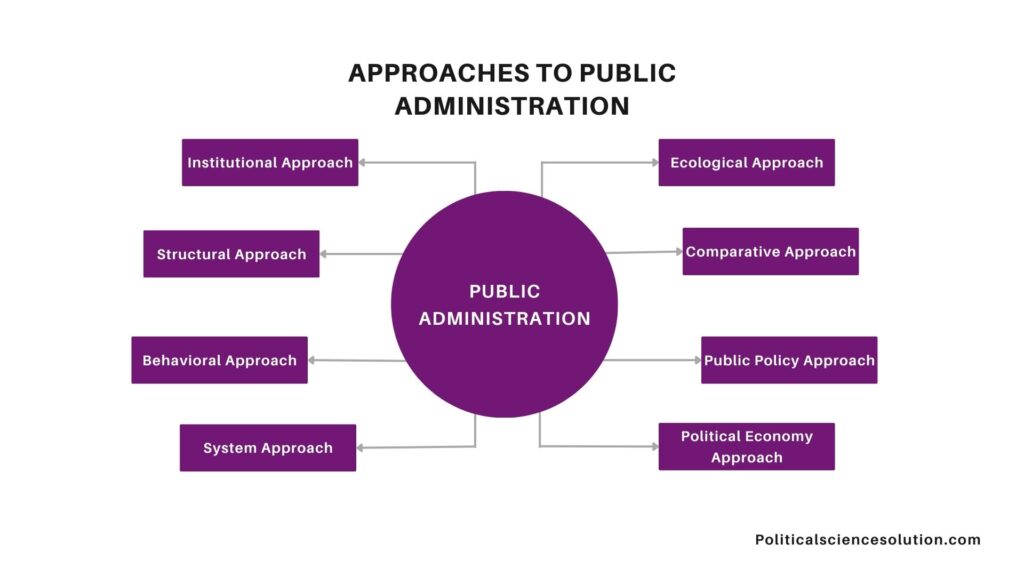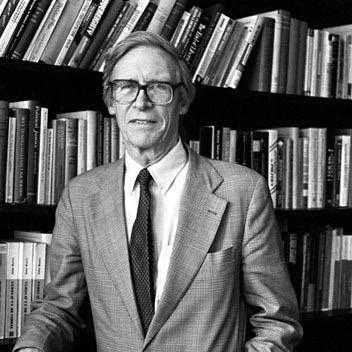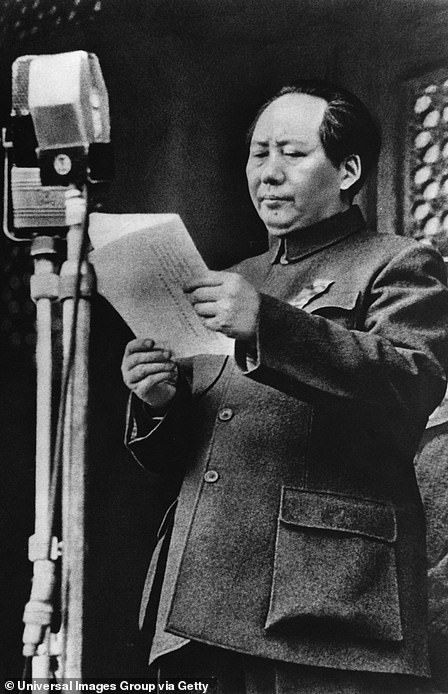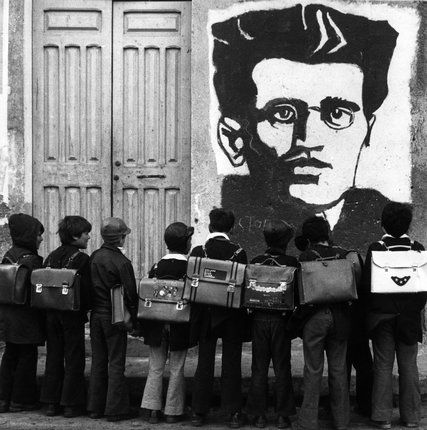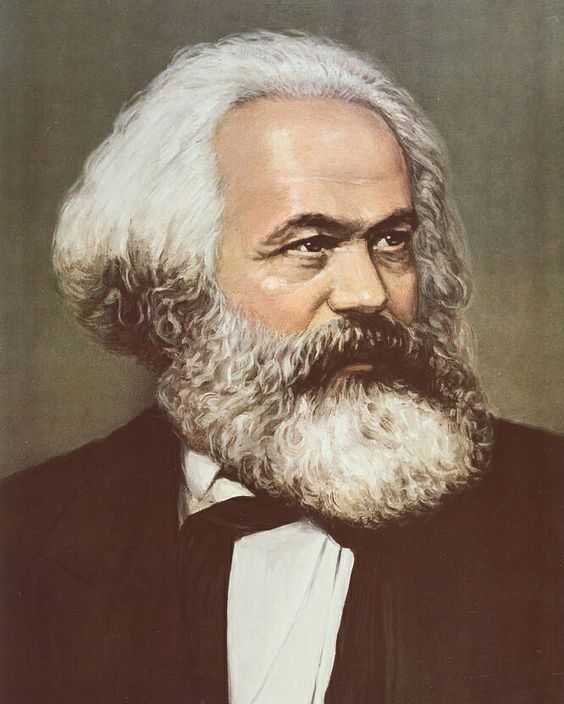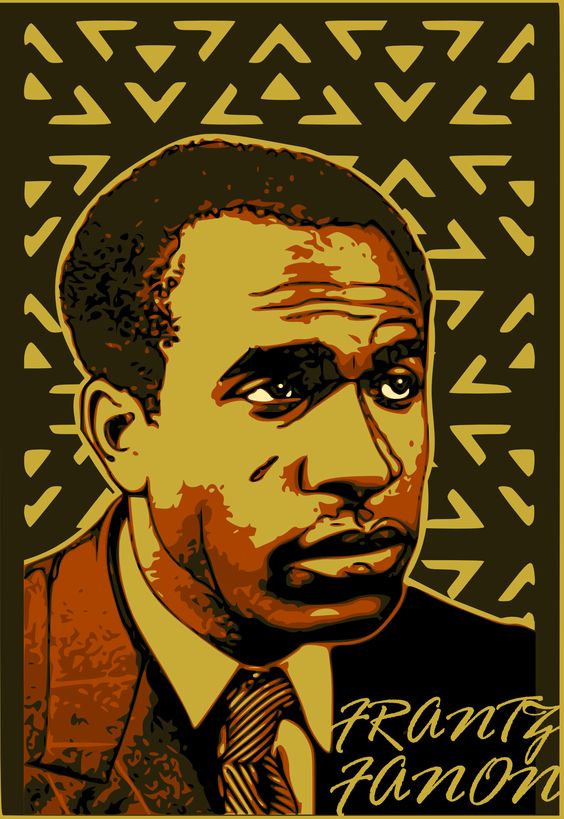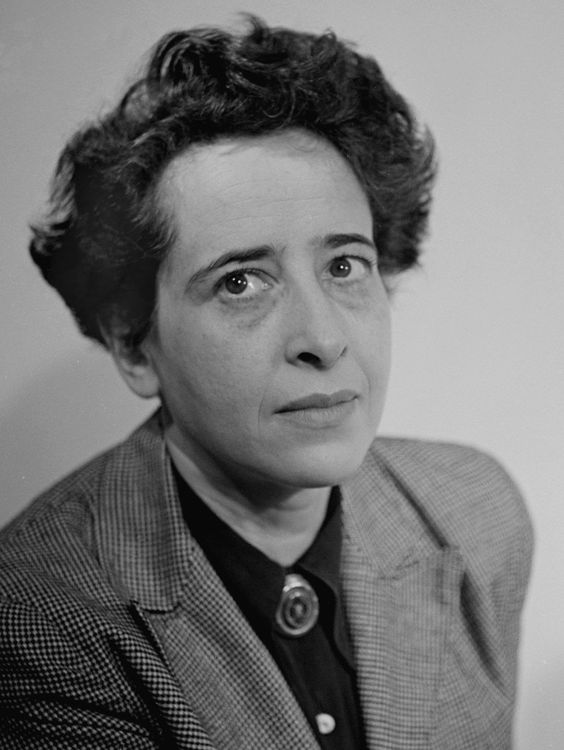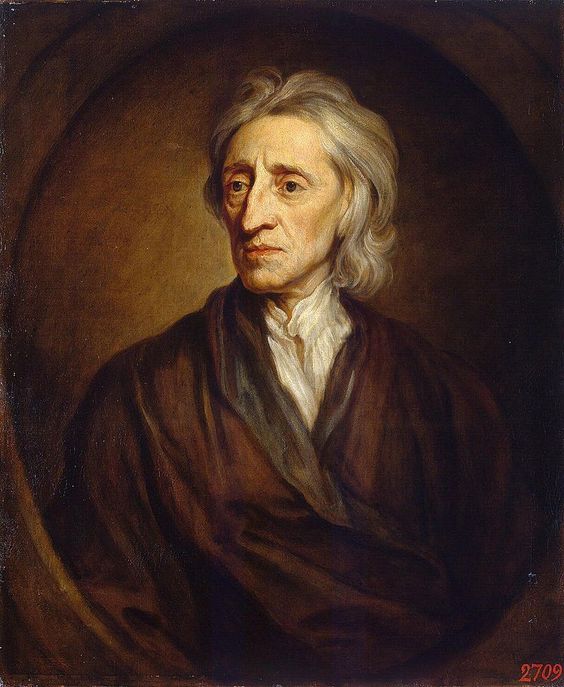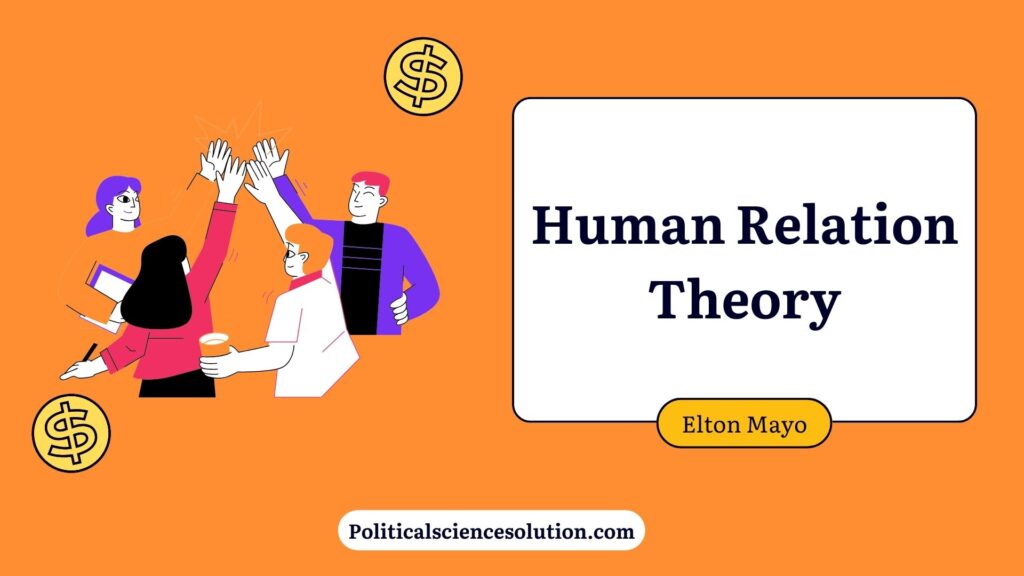Language and identity politics in India revolve around the diverse linguistic landscape, with tensions often arising over the recognition and dominance of certain languages, reflecting broader social and political dynamics.
Introduction:
The intricate relationship between language and identity in India is a multifaceted tapestry intricately woven with historical, cultural, and political threads. Language, serving as both a means of communication and a marker of cultural heritage, plays a pivotal role in shaping individual and collective identities. Charles Taylor aptly captures this essence by emphasizing the politics of recognition and the demand for acknowledging the existence of diverse cultural-linguistic communities. Against the backdrop of India’s linguistic diversity and the politicization of languages since independence, this article embarks on a detailed exploration of the interplay between language, identity, and politics, shedding light on historical events, constitutional provisions, and scholarly perspectives.
Table of Contents
Historical Context:
The linguistic landscape of India is as diverse as its cultural tapestry, with linguistic fanaticism emerging in various pockets of the country. The politicization of languages has been a persistent phenomenon since independence, reflecting the complexities of linguistic diversity and the quest for cultural recognition. The genesis of the language problem in India can be traced to three primary issues: the official language conundrum, the linguistic reorganization of states, and the existence of linguistic minorities within states. In response, constitutional measures were instituted to address these challenges, emphasizing the importance of linguistic diversity within the framework of national unity.
Constitutional Framework:
The languages enumerated in Schedule VIII of the Indian Constitution hold significant sway in the realm of language management, underscoring their importance in the socio-political fabric of the nation. The idea of organizing states along linguistic lines dates back to the early 20th century when the Congress party supported the demand for the annulment of the partition of Bengal. However, debates surrounding linguistic reorganization gained momentum in the post-independence era, culminating in the formation of the JVP Committee to address the burgeoning demands for linguistic states.
Linguistic Movements and Political Dynamics:
The linguistic movement in India gained momentum with seminal events such as Potti Sriramulu’s fast unto death, which ultimately led to the creation of Andhra Pradesh in 1953. A.K. Baruah posits that the champions of Indian nationalism initially failed to recognize the significance of accommodating the aspirations of smaller nationalities, particularly in relation to linguistic-cultural identity, as a means of strengthening political integration. Paul Brass’s scholarly inquiry into the manipulation of language and religion by political elites underscores the role of these powerful symbols in promoting communal and national movements, with far-reaching consequences for India’s political cohesion.
Conclusion:
The intricate interplay between language, identity, and politics in India reflects the complex dynamics of nation-building in a diverse and pluralistic society. As linguistic diversity continues to shape socio-political narratives, it is imperative for policymakers, scholars, and stakeholders to navigate the terrain of language politics with sensitivity and inclusivity. By recognizing the intrinsic link between language and identity and upholding the principles of cultural pluralism and linguistic diversity, India can foster a more cohesive and inclusive national fabric, where every linguistic community finds recognition and respect within the broader framework of Indian unity.




